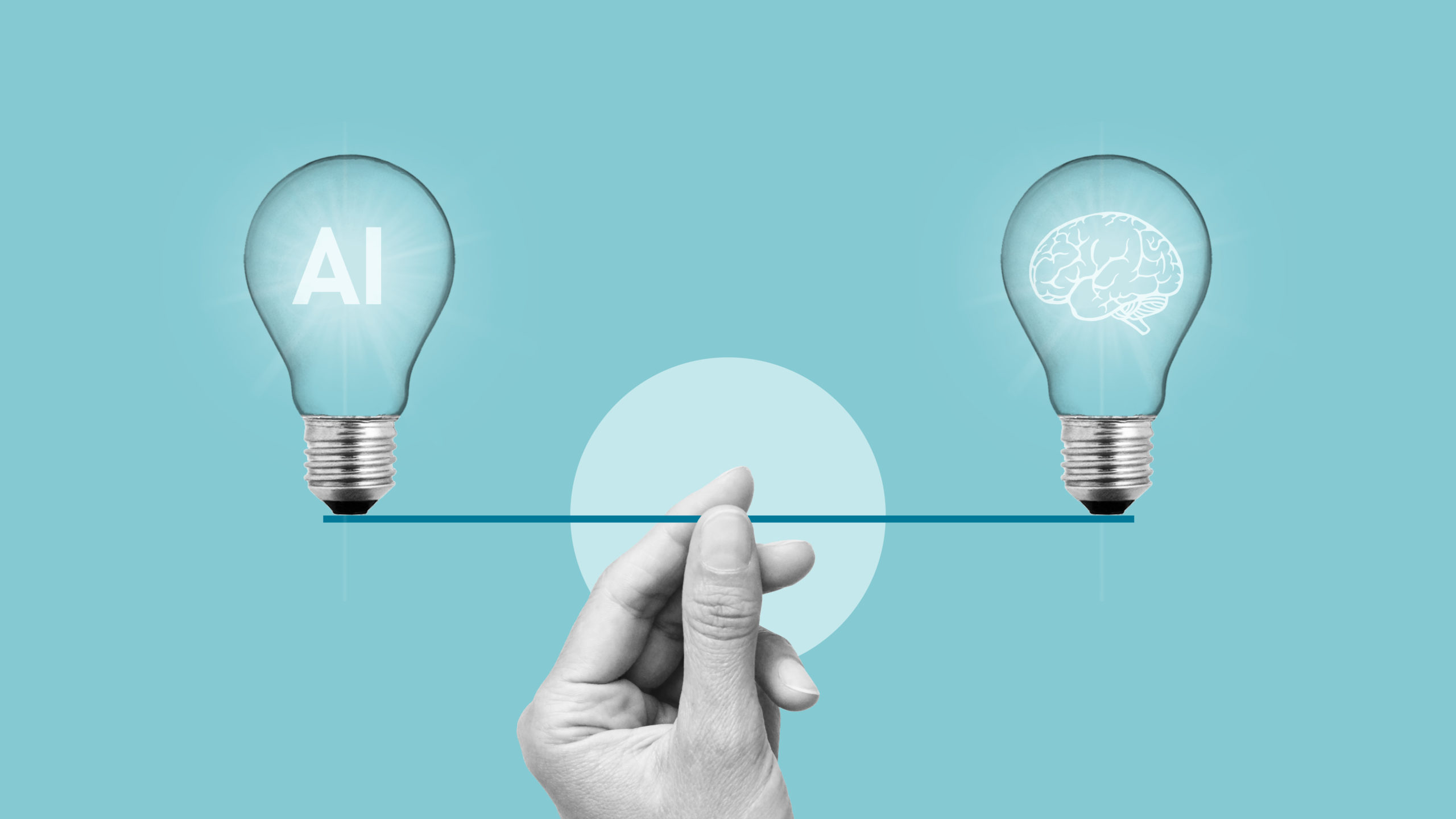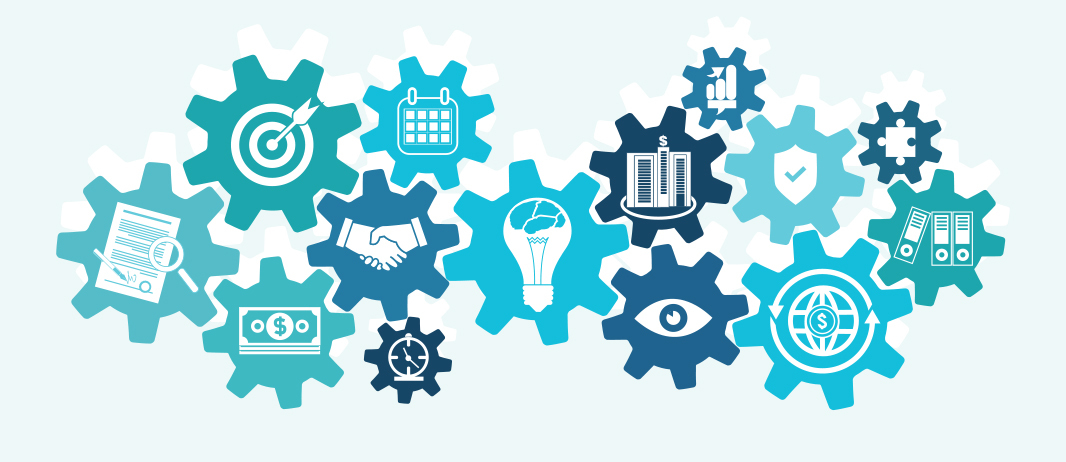In today’s competitive hiring landscape, recruiters must strike a delicate balance between leveraging artificial intelligence (AI) and building meaningful, personal relationships with candidates. AI has revolutionized the recruitment process—automating resume screening, sourcing passive talent, and streamlining interview scheduling. These tools allow recruiters to focus more time on strategic decision-making and less on repetitive administrative tasks.
However, while AI enhances efficiency, it cannot replace the human touch essential to successful recruiting. Candidates want more than a transactional experience—they seek guidance, understanding, and trust. Personal outreach, authentic conversations, and consistent follow-up are key to building rapport and ensuring candidates feel valued and respected throughout the hiring journey.
Recruiters who use AI as a tool—not a crutch—position themselves for long-term success. By freeing up time with automation and reinvesting that time into candidate relationships, recruiters can offer a high-touch experience that stands out in a tech-driven world.
In short, AI should power the process, but people must power the connection. The most successful recruiters will be those who marry the speed and intelligence of AI with the empathy and insight only humans can offer. It’s not about man or machine—it’s about making both work better together.



